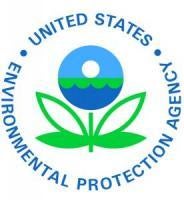Proposal would maintain significant air toxic reductions, while making cost-effective changes to provide greater flexibility for industry.
In response to a federal court ruling and data from industry, the U.S. Environmental Protection Agency (EPA) is proposing changes to its 2010 air standards for the Portland cement manufacturing industry. The proposal would continue the significant emission reductions from the 2010 standards while providing industry additional compliance flexibilities, including more time to implement the proposed updates by extending the compliance date for existing cement kilns from September 2013 to September 2015.
In December 2011, the U.S. Court of Appeals for the D.C. Circuit determined that EPA’s standards were legally sound, but asked the agency to account for rules finalized after the cement standards were issued. The proposed updates to certain emissions limits, monitoring requirements and compliance timelines – which are expected to result in additional cost savings for industry - are being made in response to this court remand and petitions for reconsideration of EPA’s 2010 final rule, which will dramatically cut emissions of mercury, particle pollution (PM), and other air toxics from cement production.
Based on new technical information, EPA is proposing to adjust the way cement kilns continuously monitor for particle pollution and would set new particle pollution emissions limits and averaging times to account for these changes. The proposed rule would not apply to kilns that burn non-hazardous solid waste; those kilns would be covered by other standards. The proposed extended compliance date would allow industry to reassess their emission control strategies in light of the proposed changes to the PM limits and monitoring methods.
EPA will accept comment on the proposed changes for 30 days after the proposal is published in the Federal Register. The agency will hold a public hearing if requested to do so. EPA will finalize the rule by December 20, 2012.



 />i
/>i

